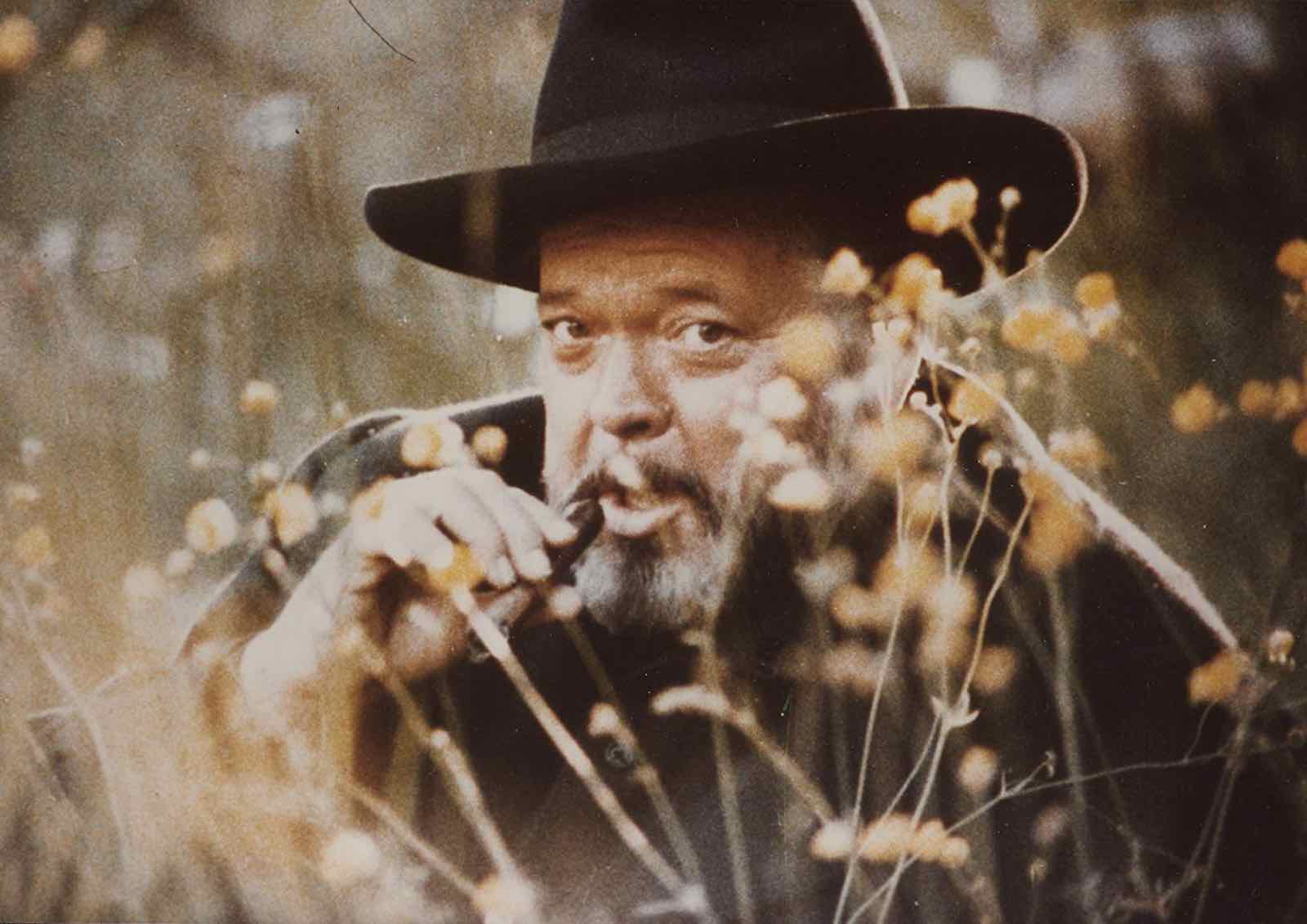
Citizen Kane: Orson Welles’s greatest cinematic masterpieces, ranked
On May 1st, 1941, Orson Welles’s first feature film Citizen Kane premiered at the Palace Theater in New York City. The film – starring Welles as the William Randolph Hearst-inspired media mogul Charles Foster Kane – was a personal favorite of famed film critics Pauline Kael and Roger Ebert, and to this day is considered by many “the greatest movie ever made”.
The late, great Welles was a groundbreaking figure in radio, theater, and film, and to this day is considered to be one of the best and most innovative filmmakers in history. To celebrate Welles’s legacy and his big-screen masterpieces that serve as a foundation for the movies we watch today, here’s a ranking of the top ten films directed by cinema’s most talented auteur.

The Stranger (1946)
It’s been said Welles made The Stranger in order to show he could work within the Hollywood system and as such, there’s a sense of the director toning it down somewhat with regards to visual flair. Nonetheless, the crime noir is definitely worth a mention as a truly gripping thriller, following an investigator from the War Crimes Commission as he travels to Connecticut to hunt down an infamous Nazi.
Mr. Arkadin (1955)
Mr. Arkadin (or Confidential Report as it is known in the UK) is a pulpy tale about an American adventurer (Robert Arden) who puts himself in grave danger when investigating the past of a mysterious tycoon named Gregory Arkadin (Welles) and is essential viewing for any Welles fan.
Othello (1951)
In one of Welles’s magnificent Shakespeare adaptations, the director also stars as the central character Othello, who is manipulated into thinking that his new wife is having an affair with his lieutenant, when in reality it is all part of the scheme of a bitter ensign named Iago. Choosing to shoot the film in Morocco, Venice, Tuscany, and Rome, this is surely one of the most visually stunning works in Welles’s canon.

F for Fake (1973)
In Welles’s intriguing and experimental documentary, fraud and fakery is explored via the art forger extraordinaire Elmyr de Hory and his forger biographer Clifford Irving. The film delves deep into the central subjects and ultimately stands as testament to his skills as a teller of truth.
The Lady from Shanghai (1947)
In this early noir, the director beautifully crafted a plot from the novel If I Die Before I Wake, telling the story of Michael O’Hara (Welles) who, fascinated by the gorgeous Elsa Bannister (Rita Hayworth), joins a strange yachting cruise and gets caught up in a complex murder plot. Though it was initially met with mixed reviews, the film has grown in stature over the years and is now considered one of Welles’s greatest works.
The Trial (1962)
Welles himself once described The Trial as the best film he’d ever made, having adapted the film from Franz Kafka’s novel about a man (played wonderfully by Anthony Perkins) who is arrested and stands trial for a crime in a totalitarian world. The character is unable to assert his innocence due to one major problem – he is never made aware of what the charges were for.
Chimes at Midnight (1965)
In another of Welles’s Shakespearean adaptations, he crafts the story and stars as the great English writer’s recurring character – Sir John Falstaff. He’s a roistering companion to young Prince Hal circa 1400-1413, and is a ludicrous and highly likeable character (much like Welles himself).
The Magnificent Ambersons (1942)
In Welles’s second film starring Tim Holt (The Treasure of the Sierra Madre), Joseph Cotten (The Third Man), and Dolores Costello (The Sea Beast), a spoiled young heir to a crumbling fortune comes between his widowed mother and the man she has always loved.
Touch of Evil (1958)
Often considered to be the last film noir (and Welles’s last film made with a major Hollywood studio), Touch of Evil is a true cinematic masterpiece and a feat within the movement, presenting a stark, perverse story of murder, kidnapping, and police corruption in a Mexican border town.

Citizen Kane (1941)
As mentioned, Citizen Kane is widely regarded not only as Welles’s greatest film, but also the greatest film ever made in cinematic history. Telling the story of the newspaper tycoon Charles Foster Kane (based on William Randolph Hearst and played by Welles), the director played with the medium of film in a way that hadn’t been done before, which earned him the reputation for being one of cinema’s most groundbreaking auteurs.



